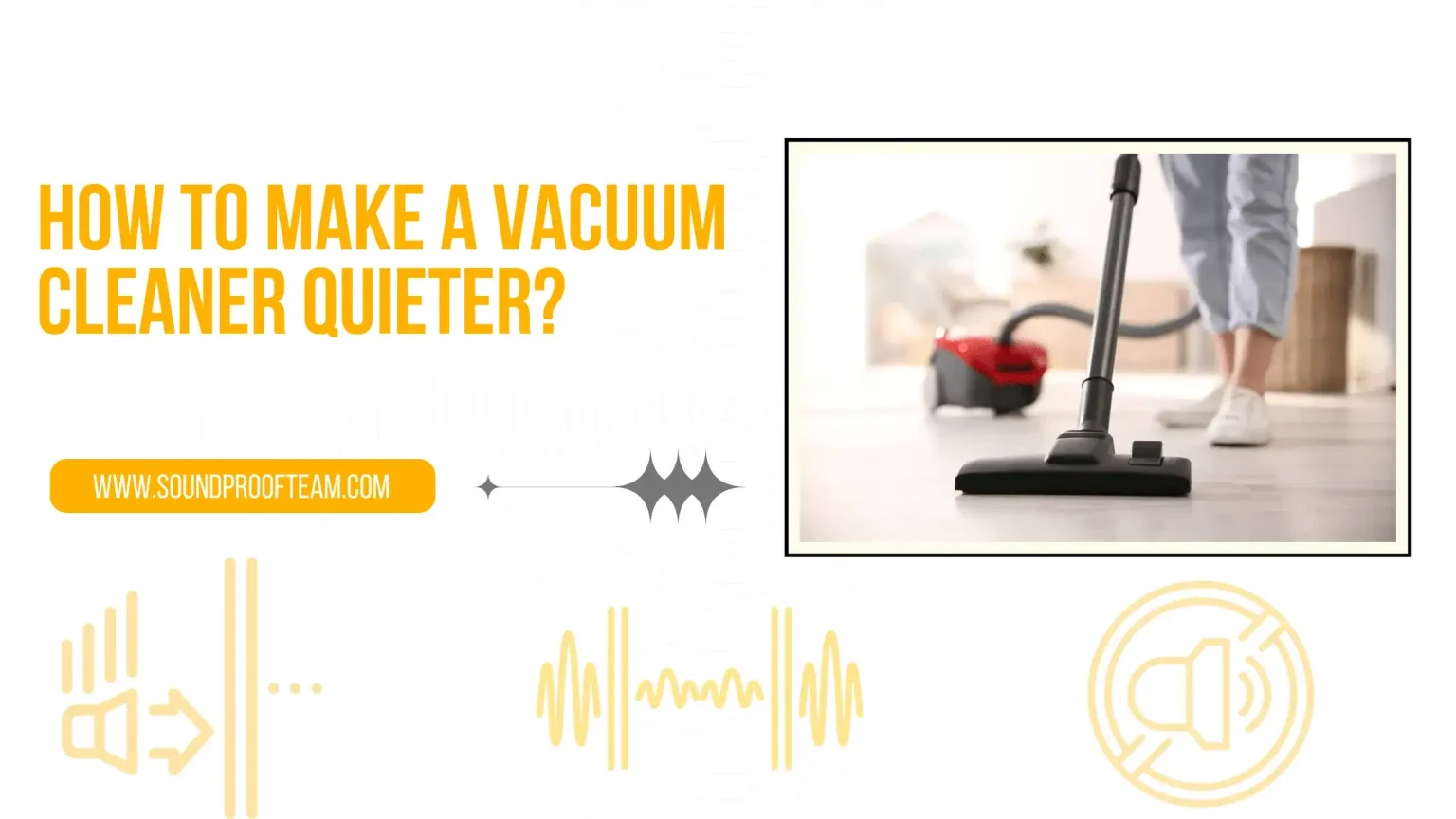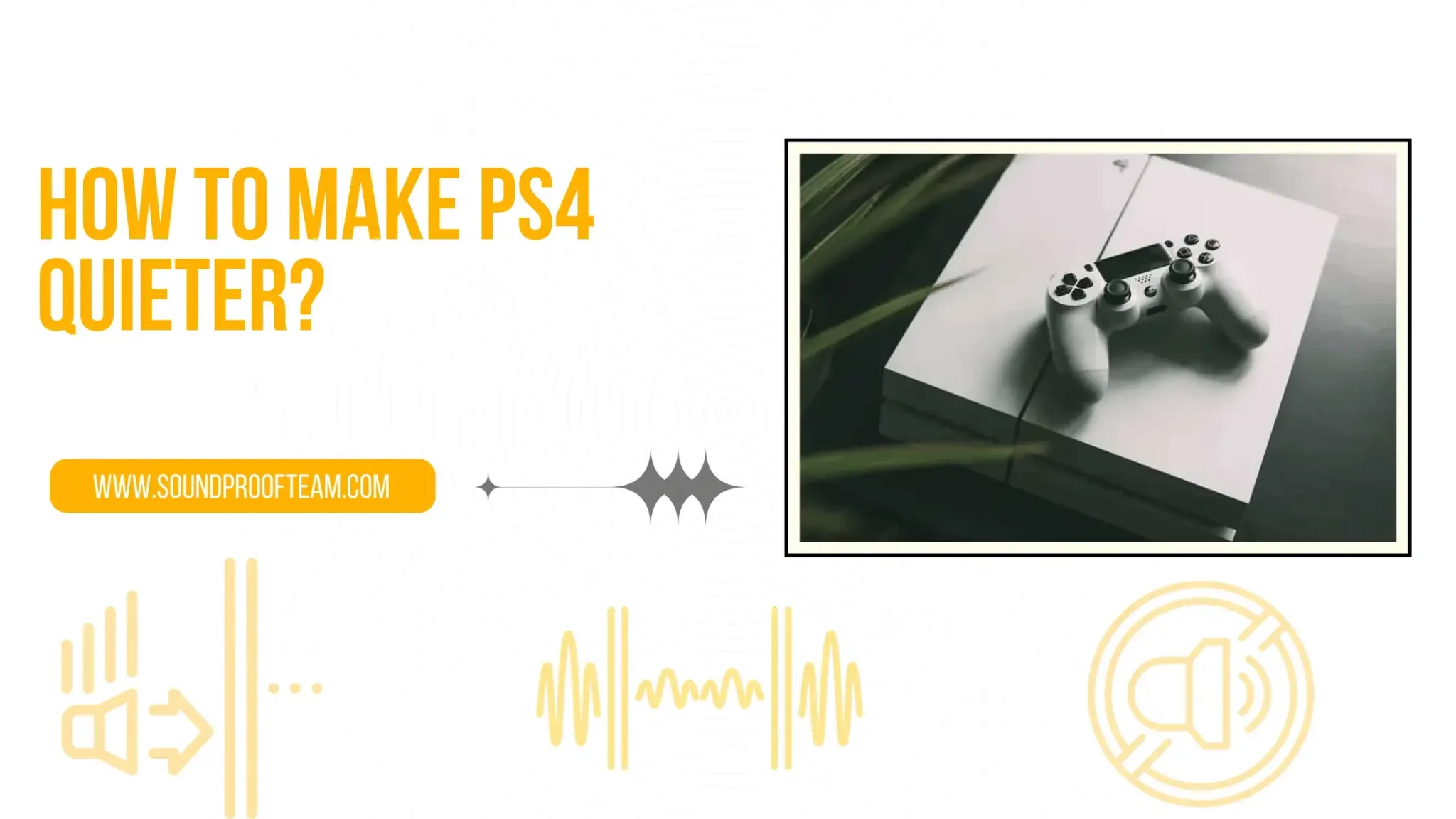One of the main concerns when considering insulation for your home or business is soundproofing. Whether it’s keeping out the noise from outside or just keeping the sound levels down inside, you want to ensure that your space is as quiet and peaceful as possible. One option for insulation is spray foam insulation, but the question remains: Is spray foam insulation soundproof: the answer is yes!
Spray foam insulation works by forming a complete seal within your walls and ceilings, which eliminates any air gap. This makes it extremely difficult for sound waves to pass through the barrier and into the area beyond. The spray foam also helps absorb sound, further adding to the soundproofing quality of your space. More importantly, the insulation barrier is so strong that it is even able to stand up against extreme sound levels.
For enhanced soundproofing, you can add additional layers of insulation. This will further create an effective barrier against sound and help reduce noise levels even more. So, now let’s see the advantages of using spray foam insulation for soundproofing and types of spray foam insulation available in the market.
Advantages of Using Spray Foam Insulation for Soundproofing:
- Spray foam insulation is an effective soundproofing solution, as it can reduce up to 70% of airborne noise. The foam seals up all the small gaps and holes in walls, floors, and ceilings that can otherwise allow sound to passthrough.
- Soundproofing with spray foam insulation is relatively simple and inexpensive compared to other methods of soundproofing. It requires minimal effort to install, as it can be sprayed directly onto surfaces quickly and easily.
- The insulation also provides other advantages, such as improved energy efficiency. It prevents air leakage and keeps temperatures in the home stable, helping to reduce heating and cooling costs.
- Spray foam insulation has a long lifespan, lasting for up to 50 years with minimal maintenance required. This means that it is an economical choice for soundproofing your home or office, as you will not have to pay for repairs or replacements.
- Finally, spray foam insulation is non toxic and safe to use in a home environment, making it an ideal choice for households with children or pets.
Types of Spray Foam Insulation:
Closed Cell Spray Foam:
The most effective type of spray foam insulation for soundproofing is closed cell spray foam. This type of insulation is denser than an open cell, so it has a higher ability to block sound waves from passing through.
Open Cell Spray Foam:
Open cell spray foam insulation is less dense than closed cell and therefore less effective at blocking noise, but it still provides some soundproofing benefits. Open cell spray foam also has a higher R value, meaning that it is more effective at preventing heat loss.
Factors to Consider When Choosing the Right Type of Spray Foam Insulation:
Environment:
Depending on the environment, you may need to choose a type of insulation that is specifically suited for soundproofing. For example, in an area where there is high humidity or moisture present, open cell spray foam may be more suitable than closed cell.
Cost:
As with any home improvement project, cost can be a major factor when it comes to choosing insulation. Closed cell spray foam is typically more expensive than open cell, but it is also the most effective type for soundproofing.
Thickness:
The thickness of your insulation can have an effect on how much soundproofing you get from it. The thinner the insulation, the less effective it will be at blocking out noise. Therefore, it is important to choose the right thickness of insulation for your needs.
Installation:
The installation process for spray foam insulation can be tricky and should only be done by a professional. It is important to make sure that the insulation is applied correctly to get the best results.
Maintenance:
Spray foam insulation requires minimal maintenance, but it is important to check regularly for any signs of wear and tear. This will help ensure that your insulation continues to provide excellent soundproofing.
Tips for Installing Spray Foam Insulation for Soundproofing:
- Make sure the walls, floors, and ceilings are free of dust and dirt before beginning the installation process. It is also important to ensure that the surfaces are completely dry in order for the insulation to adhere properly.
- When installing the spray foam, make sure to apply it evenly across all surfaces. The foam can be applied with a paint roller or even with your hands if you prefer, and should be allowed to dry for at least 24 hours before being used.
- It is important to seal up any cracks or gaps in the walls, floors, and ceilings before installing the spray foam insulation. This will help ensure that no sound escapes from the room once the insulation has been installed.
- For optimal soundproofing, make sure to use a thicker layer of spray foam insulation on walls and ceilings than you would on floors. This will help to absorb more sound and create a sturdier barrier against noise.
- After the insulation has been applied, it is important to check for any weak spots or gaps that may have been overlooked during installation. If these are found, they can be filled in with additional foam or caulking to create an airtight seal.
Conclusion:
Spray foam insulation is a great choice for soundproofing and has a number of benefits that make it the optimal product for many applications. It is safe, simple to use, and environmentally friendly. Not only can it block out sound coming from outside sources, but it can also be used to absorb reverberant sounds within a room and reduce noise bleed.
By understanding the desired application as well as any potential problems with existing insulation methods, homeowners can quickly decide if spray foam insulation is the best choice for their needs. While there are some other materials available that may work better in certain circumstances, spray foam should always be considered due to its versatility and effectiveness in sound attenuation.





